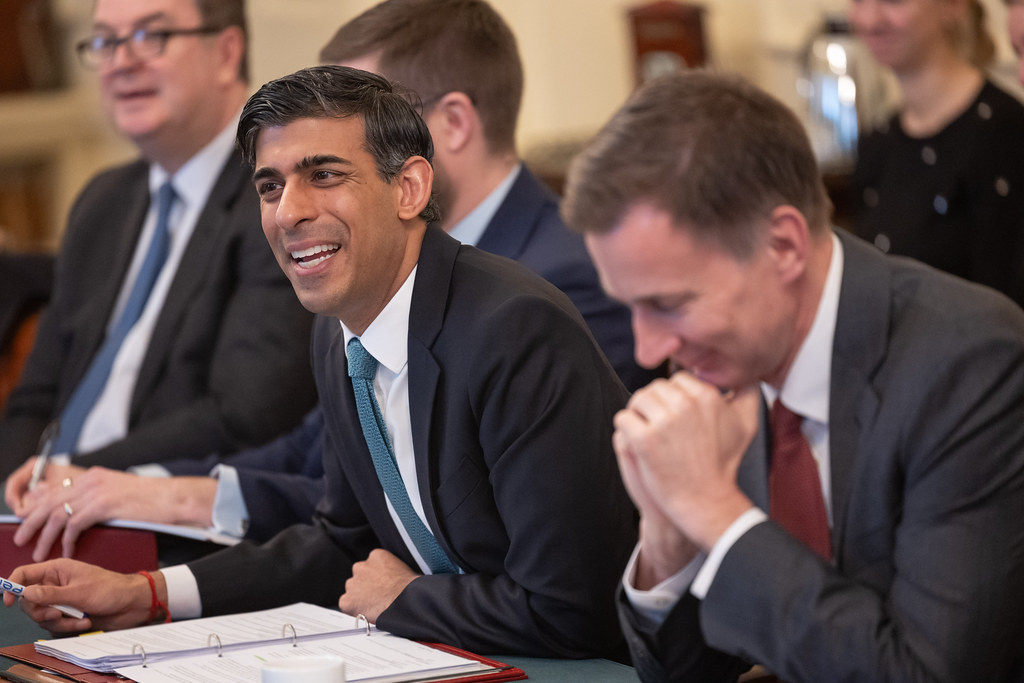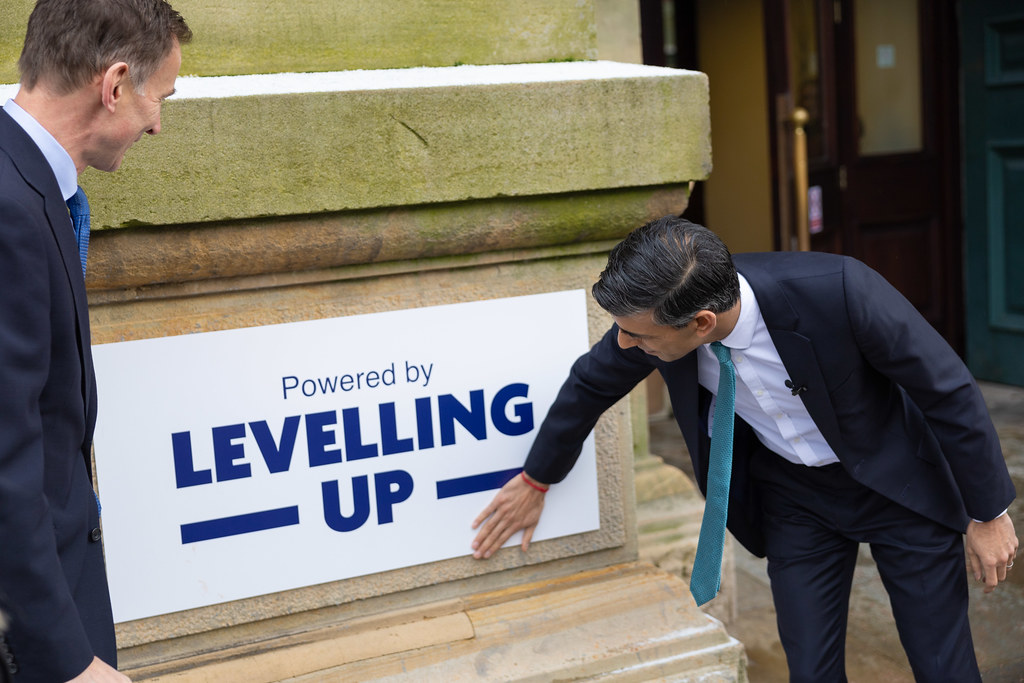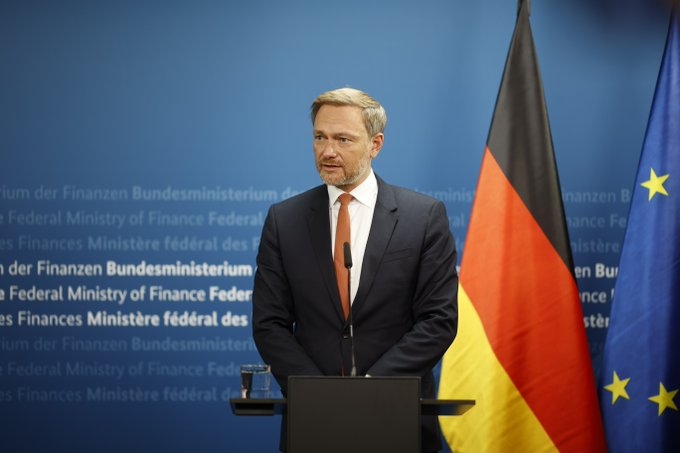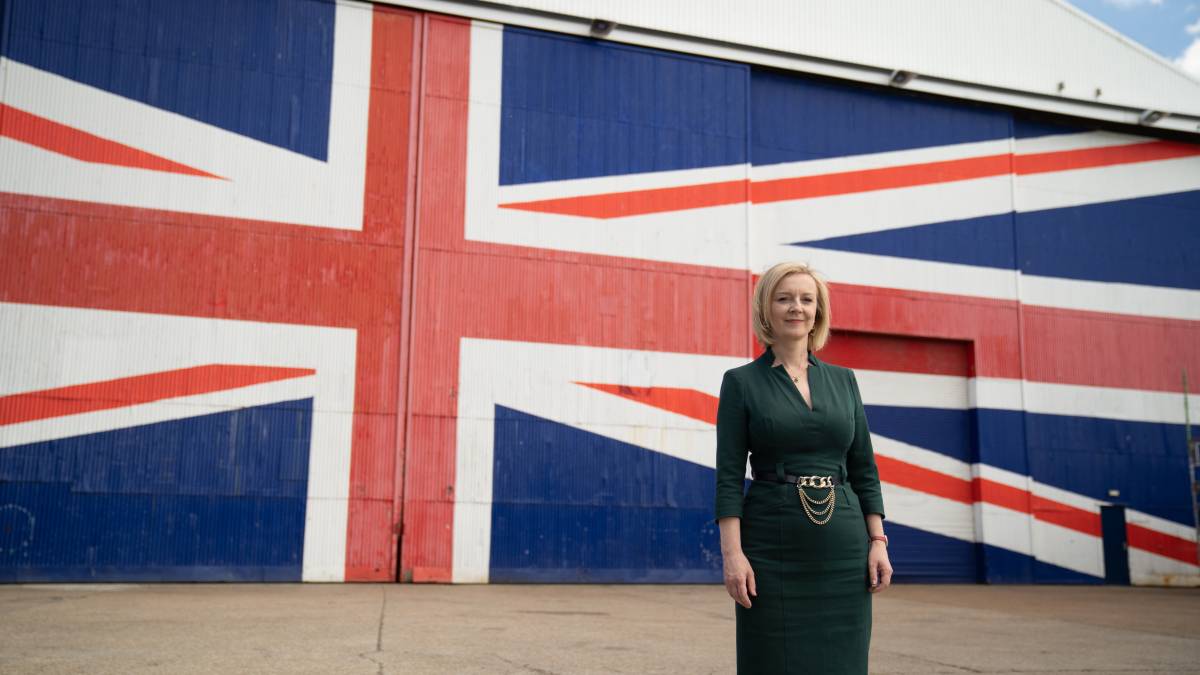The IMF said it was forecasting UK growth of 0.5% in 2023 and 0.6% in 2024 – both unchanged from October – and with only Germany of the leading G7 industrialised economies expanding more weakly…reports Asian Lite News
The International Monetary Fund has issued a strong warning to Jeremy Hunt against cutting taxes in his budget in March, stressing the need to boost key areas of public spending instead.
In updated forecasts for the UK and the rest of the global economy, the Washington-based fund doubted whether the widely anticipated tax cuts would be possible without extra borrowing or post-election spending cuts.
The IMF said the chancellor should be focusing on repairing the public finances after the damage caused by the pandemic and the war in Ukraine in order to meet growing spending pressures.
An IMF spokesperson said: “Preserving high-quality public services and undertaking critical public investments to boost growth and achieve the net zero targets, will imply higher spending needs over the medium term than are currently reflected in the government’s budget plans.
“Accommodating these needs, while assuredly stabilising the debt/GDP ratio, will already require generating additional high-quality fiscal savings, including on the tax side.”
Hunt is expected to cut income tax in the budget, but the IMF called on the chancellor to increase carbon and property taxes, take steps to eliminate loopholes in the taxation of wealth and income, and overhaul the pensions triple lock. “It is in this context that [IMF] staff advises against further tax cuts,” the IMF said.
Hunt rejected the IMF’s call. “The IMF expect growth to strengthen over the next few years, supported by our introduction of the biggest capital investment tax reliefs anywhere in the world, alongside national insurance cuts to improve work incentives,” the chancellor said.
“It is too early to know whether further reductions in tax will be affordable in the budget, but we continue to believe that smart tax reductions can make a big difference in boosting growth.”
The IMF said it was forecasting UK growth of 0.5% in 2023 and 0.6% in 2024 – both unchanged from October – and with only Germany of the leading G7 industrialised economies expanding more weakly.
With lower inflation likely to boost consumer spending power, the IMF said it was pencilling in UK growth of 1.6% in 2025 – slower than forecast three months ago. “The markdown to growth in 2025 of 0.4 percentage points reflects reduced scope for growth to catch up in light of recent upward statistical revisions to the level of output through the pandemic period,” the IMF said.
Last year, the Office for National Statistics revised up its estimates of UK growth in 2020 and 2021 by 1.8 points in total across the two years.
The IMF said the global economy was gliding towards a “soft landing” after coping with the impact of tough central bank interest-rate action to reduce inflation.
Revising up its growth estimates for 2024, the IMF said a number of big economies – including the US, China, Russia and India – had posted stronger than expected performances in 2023 and it was surprised by the resilience shown.






